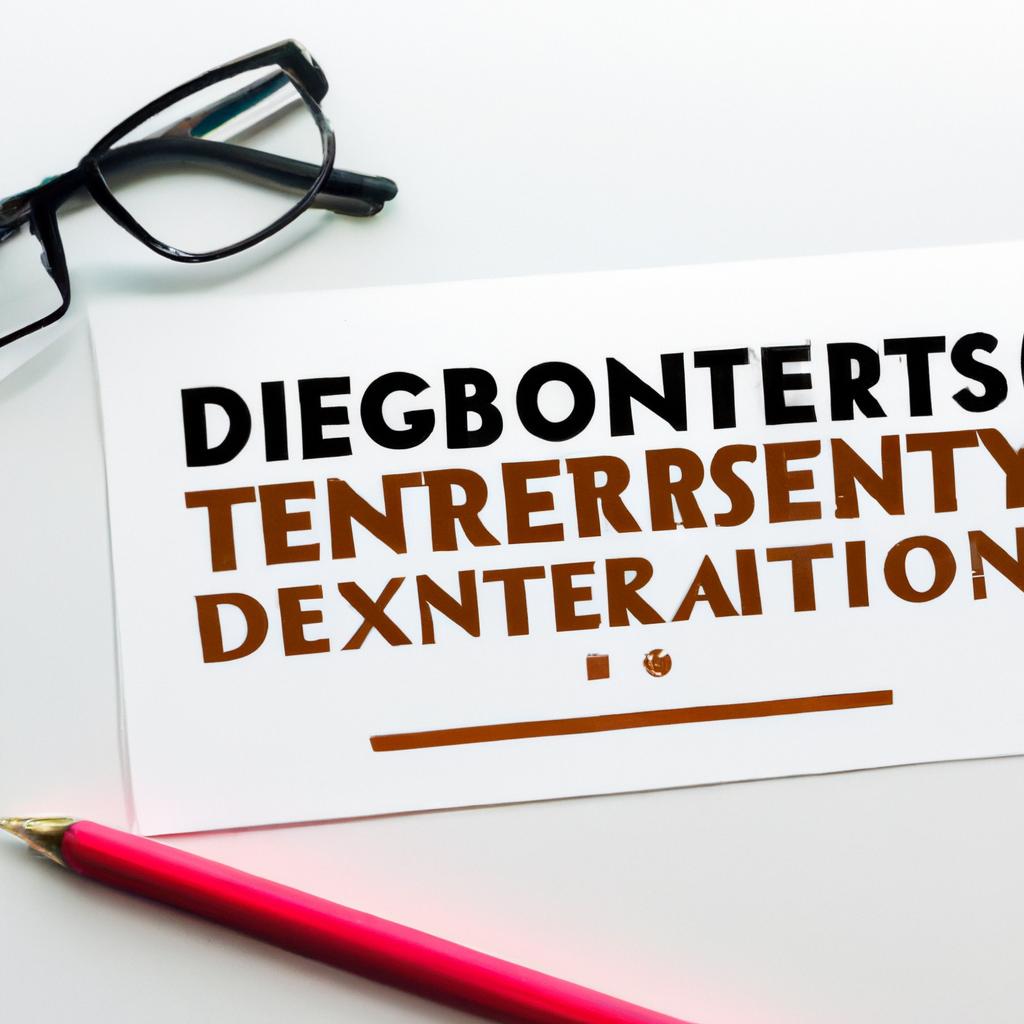As seasoned legal practitioners at Morgan Legal Group in the bustling metropolis of New York City, we understand the intricate nuances of estate planning with precision and finesse. In the realm of wills and trusts, designating beneficiaries is a crucial step in safeguarding assets for the future. Join us as we delve into the importance of this process and unravel the complexities surrounding the designation of beneficiaries in the realm of estate planning.
Understanding the Importance of Designating Beneficiaries
When it comes to estate planning, one crucial aspect that individuals often overlook is designating beneficiaries. is essential to ensuring that your assets are distributed according to your wishes after your passing. By designating beneficiaries, you are not only preventing potential disputes and confusion among your loved ones but also ensuring that your assets are transferred efficiently and effectively.
Designating beneficiaries allows you to specify who will receive your assets, such as life insurance policies, retirement accounts, and investment accounts, upon your death. By taking the time to designate beneficiaries, you can provide for your loved ones and secure their financial future. Additionally, designating beneficiaries can help you avoid the lengthy and costly probate process, ensuring that your assets are distributed promptly.

Key Considerations When Designating Beneficiaries
When designating beneficiaries, there are several key considerations that individuals must keep in mind to ensure their assets are distributed according to their wishes. One of the most important factors to consider is the relationship between the beneficiary and the individual designating them. It is crucial to carefully evaluate each potential beneficiary’s financial responsibility, maturity, and ability to manage inherited assets.
Additionally, individuals should review their beneficiary designations regularly to ensure they align with their current wishes and circumstances. Changes in family dynamics, relationships, or financial situations may necessitate updates to beneficiary designations. Finally, it is advisable to work with an experienced attorney specializing in estate planning to ensure that beneficiary designations are legally valid and properly documented to avoid any potential disputes or challenges.

Maximizing the Benefits of Designating Beneficiaries
When it comes to estate planning, one of the most important aspects to consider is designating beneficiaries. This simple yet crucial step ensures that your assets are distributed according to your wishes upon your passing. By carefully selecting and updating your beneficiaries, you can maximize the benefits of this designation and provide for your loved ones in the most effective way possible.
One key advantage of designating beneficiaries is that it allows for a seamless transfer of assets outside of the probate process. This means that your beneficiaries can receive their inheritances quicker and with less hassle. Additionally, by designating beneficiaries for specific assets, you can ensure that each item or account goes to the intended individual, avoiding any confusion or disputes. To make the most of this process, be sure to regularly review and update your beneficiary designations as your circumstances change.

Expert Recommendations for Designating Beneficiaries
Consider the following expert recommendations when designating beneficiaries:
- Review and update beneficiary designations regularly to ensure accuracy and alignment with current wishes.
- Consult with a legal professional to understand the implications of beneficiary designations on estate planning and probate proceedings.
- Consider naming contingent beneficiaries to cover unforeseen circumstances.
When designating beneficiaries, it is crucial to:
- Provide clear instructions on how assets should be distributed among beneficiaries.
- Avoid naming minors as beneficiaries and consider setting up a trust to manage assets on their behalf.
- Consider tax implications for beneficiaries and seek advice on the most tax-efficient beneficiary designations.
Q&A
Q: What does it mean to designate beneficiaries?
A: Designating beneficiaries means choosing individuals or entities to receive your assets or benefits in the event of your death.
Q: Why is it important to designate beneficiaries?
A: Designating beneficiaries ensures that your assets are distributed according to your wishes and helps to avoid confusion or disputes among family members.
Q: Who can be designated as a beneficiary?
A: Beneficiaries can be anyone you choose, including family members, friends, charities, or organizations.
Q: Are there different types of beneficiaries that can be designated?
A: Yes, there are primary beneficiaries who receive the assets first, contingent beneficiaries who receive the assets if the primary beneficiaries are unable to, and even tertiary beneficiaries as a backup option.
Q: How do you designate beneficiaries?
A: You can designate beneficiaries on various financial accounts, insurance policies, retirement plans, and estate planning documents by completing the necessary beneficiary designation forms.
Q: Can beneficiaries be changed or updated?
A: Yes, beneficiaries can be changed or updated at any time by completing new beneficiary designation forms.
Q: What happens if you do not designate beneficiaries?
A: If you do not designate beneficiaries, your assets may be distributed according to state laws or through the probate process, which can be lengthy and costly.
Q: Is it necessary to consult with a lawyer when designating beneficiaries?
A: While it is not always necessary to consult with a lawyer, it is recommended to seek professional advice, especially for complex estate planning or tax implications.
The Conclusion
In conclusion, designating beneficiaries is a crucial aspect of financial planning that ensures your assets are passed on according to your wishes. By taking the time to review and update your beneficiaries regularly, you can safeguard your loved ones’ financial future and provide peace of mind for yourself. Remember, proper planning today can lead to a more secure tomorrow. So, take control of your legacy and start designating your beneficiaries today.

